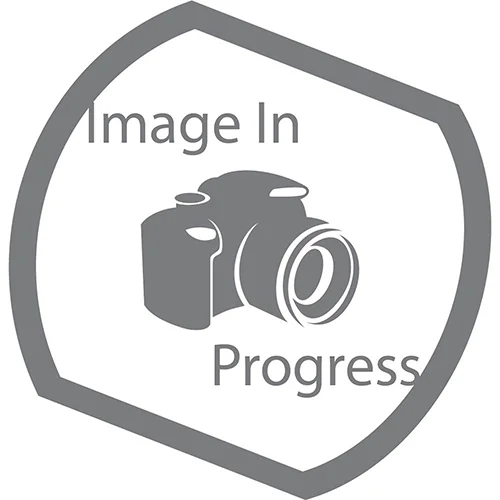How Face Masks Protect Against COVID-19
With the emergence of the novel coronavirus (COVID-19), masks are taking over the nation and the world. But how exactly does wearing a mask help slow the spread?
Mask Terminology:
Micron: Short for micrometer. This is a unit of measurement equal to one millionth of a meter. Microns measure the sizes of particles that masks can filter.
PPE: Stands for Personal Protective Equipment and refers to supplies worn for protection against bodily hazards.
Filtering: Process of removing unwanted components. Masks filter by not allowing particles to pass through the fibers that make up the mask.
Recommended Products
Types of masks:

An N95 respirator mask filters out 95% of non-oil-based particles .03 microns or larger. They are used by health care workers, construction workers, scientists, welders, and anyone who encounters particulates in the workplace. The number represents the filtration efficiency, that is, the percent of particles that the mask filters out. KN95 respirator masks are the Asian market equivalent to N95 respirators, and are FDA approved as an N95 alternative.

Surgical masks block droplets, splashes, sprays, and large particles. They also protect others from secretions emitted by the wearer. Compared to an N95, they filter about 60-80% of particles. They are most commonly used by health care workers.

Cloth face masks protect others from the wearer by trapping germs the wearer emits by coughing, sneezing, or talking. In a place like a grocery store where social distancing is not always possible, it is strongly encouraged and sometimes required for the general public to wear a mask.
The filtration process:
N95/KN95 masks have a 3-step filtration process:
- Aerosol particles 1 micron or larger slam into the front of the mask
- Particles smaller than 1 micron get stuck to the fibrous layers of the filter
- Electrostatic attraction attracts oppositely charged particles to the fibers of the mask and traps them, removing them from the airstream
Surgical masks typically have 3 layers:
- The blue side repels fluids
- The white side absorbs exhaled fluids
- The layer in between acts as the filter
Cloth masks:
- Level of protection varies greatly depending on material used
- High thread cotton best prevents particles from entering
- Silk, chiffon, flannel provide electrostatic filtering
- Use multiple layers for better protection
Slow the spread of COVID-19:

COVID-19 spreads though respiratory droplets from people who are infected. The droplets are released by coughing, sneezing, or talking. Some droplets are large, while some are less than 5 microns, which is considered an aerosol particle. The virus enters others though the mouth, nose, or eyes.
The Centers for Disease Control (CDC) estimates that 25% of people who are infected show no symptoms but still carry and spread the virus. It is also suspected that people who do show symptoms are the most contagious before symptoms start. By wearing a mask to cover your nose and mouth, you are preventing droplets from escaping and infecting others.
Please note that wearing a mask will only prevent the spread of the virus if other precautions are also taken. You still need to wash your hands frequently for at least 20 seconds and avoid touching your face. Practice social distancing in public by staying 6 feet apart from others. Disinfect your mask before you wear it again, and never touch the front of your mask.
Why should I wear a cloth face mask?
Protect others from yourself:
- You may be asymptomatic or pre-symptomatic
- Mask prevents the virus from being spread to others
Protect yourself from incoming germs:
- Cloth can stop some particles from entering
- Certain fabrics such as high thread cotton can offer almost as much protection as a surgical mask
Encourage others to wear their masks in public:
- You wear your mask to protect others, who in turn wear a mask to protect you
- Public mask wearing is already common in parts of Asia that were hit hard with SARS and MERS and the United States is now starting to follow this example
- More people wearing a mask will better prevent the virus from spreading
Wearing a cloth mask also helps reserve PPE for health care workers and those in other high-risk professions such as chemical scientists or retail clerks. If you have a supply of respirators or surgical masks in your home and you are not in a high-risk profession, donate your masks to your local hospital. Here are some places in the Atlanta area that are accepting PPE donations:
Recommended Products
Receive special deals and more, right to your inbox
Receive special deals and more, right to your inbox